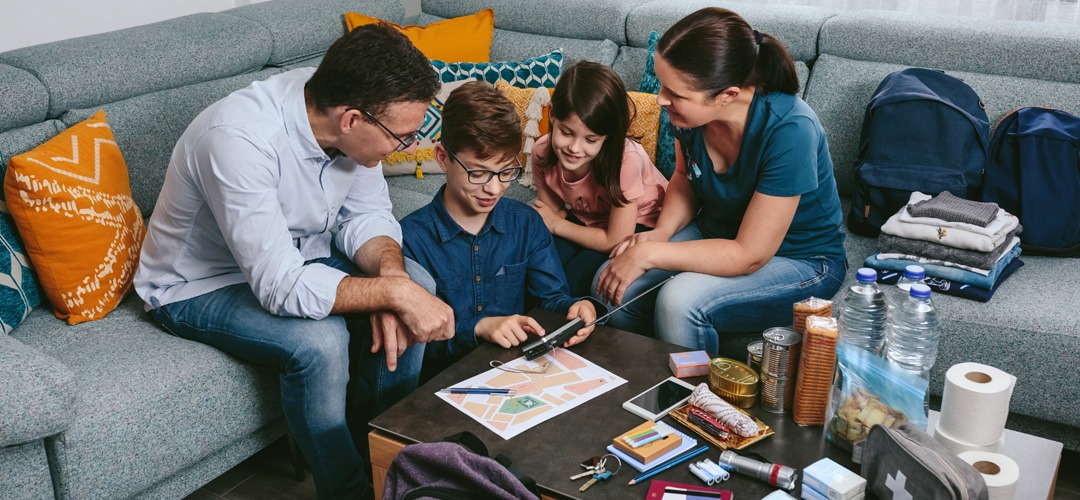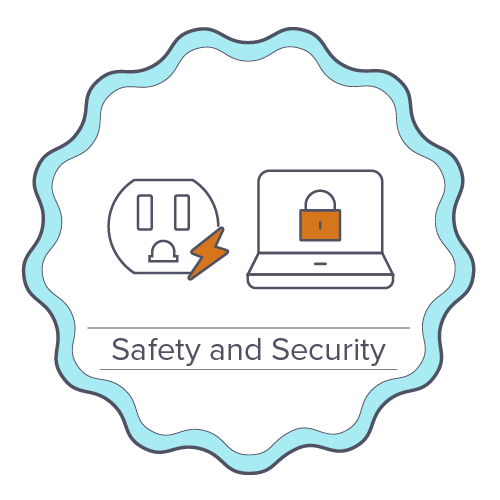Does your family have a plan in case of a natural disaster or another emergency? You might be surprised to learn that a lot of Americans don’t have an emergency plan.
We take a lot of steps to keep our loved ones safe. We childproof our homes, buckle up in the car, and install smoke detectors. But are we ready for an emergency, like a power outage or a severe storm?
What would your family do if the power went out for days? Do you have enough food, water, and other supplies? Every family’s needs are different, and your plan should reflect that. For example, families with young children, pets, or someone with medical needs might require more detailed planning.
Why Planning Matters
Having a plan in place before an emergency hits can make all the difference. It’s much easier to stay calm and focused when you’ve thought through the details ahead of time. Knowing where to go, who to contact, and what to have on hand will help you keep your loved ones safe.
National Preparedness Month is a great time to review and update your emergency plan. Even if you already have a plan, it’s important to make sure it still meets your family’s current needs.
Get Started on Your Plan
- If you don’t have a plan yet, now is the perfect time to create one. Here are a few questions to ask yourself:
- Does everyone know who to contact and where to go if an emergency happens when you’re not home?
- Do you have an emergency kit with enough supplies for at least three days?
- Does everyone know how to stay informed with the latest news?
Resources to Help You Prepare
We’ve gathered essential information from trusted sources like FEMA, the U.S. Department of Homeland Security, the Red Cross, and the U.S. Department of Health & Human Services to create a comprehensive guide just for you. Our guide brings together the best practices and recommendations from these expert organizations into one convenient place, making it easy for you to review and follow.
Key Tips:
- Keep a paper copy of your emergency contacts: If your phone dies, you’ll still have access to important numbers.
- Use our checklist to build your emergency kit: It’s designed with all the details you need to be prepared.
- Teach your kids what to do in an emergency: Help them stay calm and know what to expect.
Check out the infographics below for more detailed guidance on creating your emergency kit and preparing your family:

National Preparedness Month is a good reminder to make or update your emergency plan. It’s essential to be prepared, not just for yourself but for everyone who depends on you



0 Comments